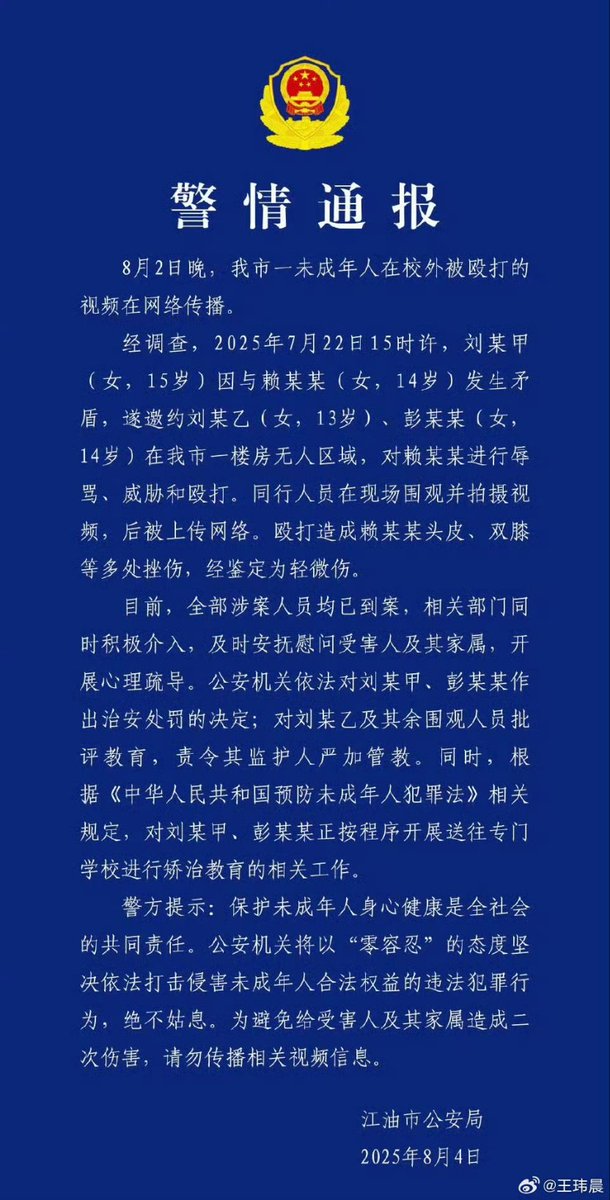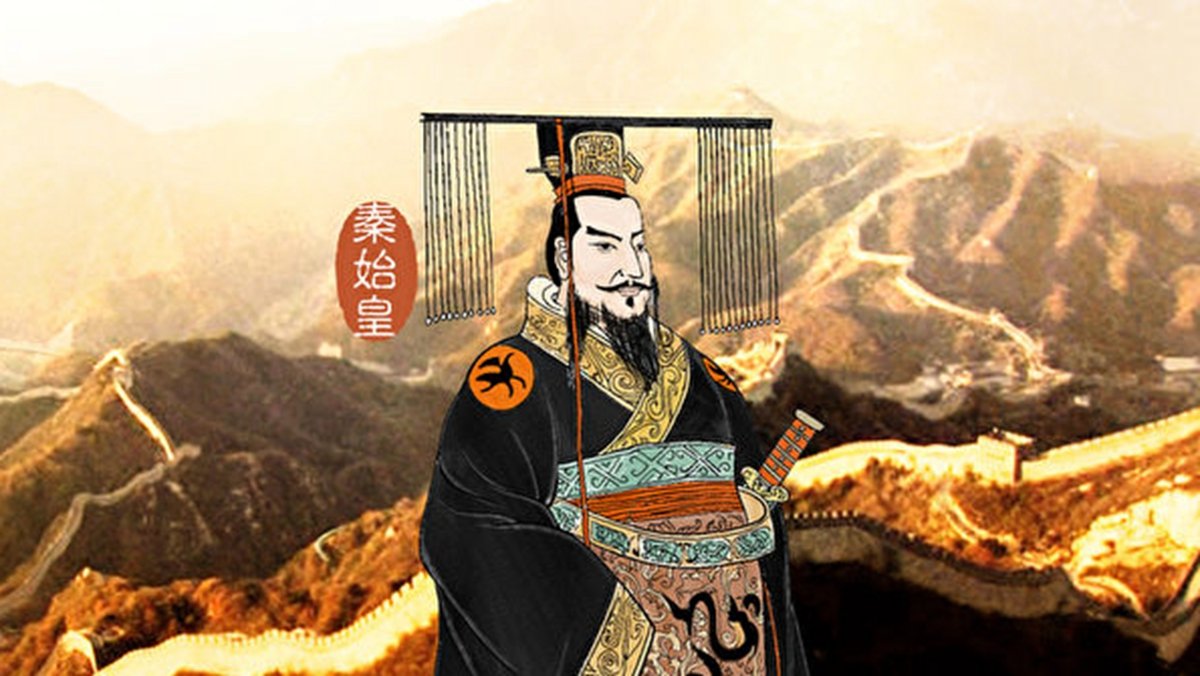This is an article written by Hu Chunhua, vice premier of China, when he was in University.
He was born in a remote rural area of Hubei, a peasant family.
In 1979, he was admitted to Peking University.
As he said in his article, he went to Tibet after graduation.
He was born in a remote rural area of Hubei, a peasant family.
In 1979, he was admitted to Peking University.
As he said in his article, he went to Tibet after graduation.
https://twitter.com/thinking_panda/status/1305787623227576322

In 1992, he became vice mayor of Nyingchi Prefecture in Tibet;
In 1995, he became mayor of Shannan Prefectureof in Tibet;
In 2001, he became vice governor of Tibet.
In 1995, he became mayor of Shannan Prefectureof in Tibet;
In 2001, he became vice governor of Tibet.

In 2008, he became governor of Hebei Province;
In 2010, he became the highest leader of Inner Mongolia Autonomous Region, the Secretary of the Party committee;
In Inner Mongolia, his main political achievement is to eliminate poverty.
In 2010, he became the highest leader of Inner Mongolia Autonomous Region, the Secretary of the Party committee;
In Inner Mongolia, his main political achievement is to eliminate poverty.

In 2012, Hu Chunhua was promoted to the Political Bureau of the CPC Central Committee;
In the same year, he became Secretary of the provincial Party committee of Guangdong Province.
Guangdong Province is the most developed province in China.
In the same year, he became Secretary of the provincial Party committee of Guangdong Province.
Guangdong Province is the most developed province in China.

In 2018, Hu Chunhua became Vice Premier of the China govt.
He is the youngest of the four vice premiers, responsible for "Three Rural Issues", poverty eradication, business and trade.
He is the youngest of the four vice premiers, responsible for "Three Rural Issues", poverty eradication, business and trade.

From 1983 to 2018, he has spent 35 years in "China's political road".
From farmer's son to China's vice premier, he took a different but very similar road from President Xi.
He may be the next top leader in China, maybe not.
But he has been qualified.
From farmer's son to China's vice premier, he took a different but very similar road from President Xi.
He may be the next top leader in China, maybe not.
But he has been qualified.

• • •
Missing some Tweet in this thread? You can try to
force a refresh






















